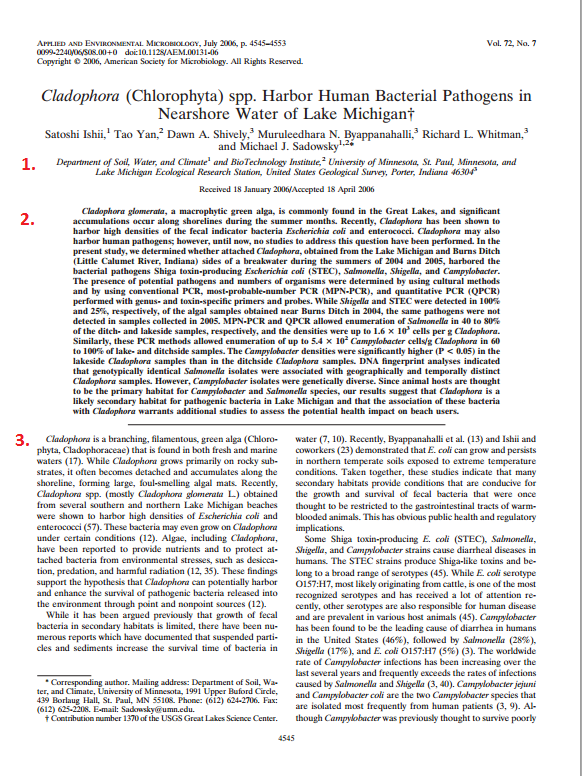hildegardbeele
About hildegardbeele
The judicial system in the UK play a crucial role in ensuring that justice is delivered fairly, impartially, and efficiently.
 Courts may work with enforcement agencies, such as bailiffs or police, to ensure that judgments are carried out effectively.
Courts may work with enforcement agencies, such as bailiffs or police, to ensure that judgments are carried out effectively.
This means that courts must ensure that all individuals and institutions, including the government, adhere to the law. They are responsible for resolving disputes related to divorce, child custody, and adoption.
While court fees are necessary to support the financial viability of the system, they have been criticised for limiting access to justice, particularly for individuals on low incomes. Another crucial aspect of the help provided by law courts in the UK is the increasing use of technology to help article individuals access legal services.
An important function of the court system is the enforcement of their rulings.
One of the essential tasks of law courts is to uphold the principle of the rule of law.
These courts are also responsible for making emergency orders in cases of domestic violence, ensuring the safety of victims. Movewithus are renowned for his or her outstanding service and with over 70 specialist regional Solicitors, they can take care of any issue that will come up on a property sale or purchase.
A further important responsibility of law courts is to ensure that there is access to justice for all, particularly for vulnerable or disadvantaged individuals.
Legal aid adjustments have also been an ongoing issue in the UK. Family law courts have specific duties. Family courts must consider the best interests of children and vulnerable parties, ensuring that decisions support their welfare. In addition to delivering judgments, family courts also play a role in encouraging mediation and alternative dispute resolution, which can help parties reach amicable solutions without the need for a formal trial.
This duty is especially important in cases where the actions of public bodies or officials are being challenged. Once a court has made a decision, it is responsible for ensuring that the ruling is enforced. The primary duty of law courts is to ensure justice is served fairly and impartially. Courts are expected to operate without bias and provide a fair trial for all individuals, regardless of their background, wealth, or status.
However, cuts to legal aid funding have led to concerns about inequality in the justice system. Courts also work to ensure that individuals who are facing discrimination or disadvantage can still access a fair trial and that their rights are protected throughout the legal process.
These can range from contractual disagreements to family law matters, property disputes, and claims for compensation due to personal injury.
The rise of digital platforms has made it easier for individuals to access court services from the comfort of their homes, reducing the need for in-person attendance and making the system more accessible for those with mobility issues or who live in remote areas. In civil cases, courts are tasked with resolving disputes fairly and impartially, using the law to determine who is at fault and what compensation or remedy is appropriate.
This duty is reflected in the provision of legal aid, which allows those who cannot afford legal representation to still access the courts and receive professional legal support. This has led to staff reductions in some areas, as well as increased reliance on costs for legal services to help fund operations.
This includes online portals for submitting court documents, remote hearings, and digital case management systems.
Judicial review is an essential aspect of this duty, where courts assess whether public bodies have acted unlawfully, irrationally, or outside their powers. If you have any concerns with regards to exactly where and how to use lawyers, you can get hold of us at the web-site. Be aware of solicitors who keep wanting on the clock throughout your first appointment.
In response to these concerns, the UK government has introduced some reforms to the legal aid system, but there remains an ongoing debate about how best to ensure equitable access to legal services.
The funding of courts has also seen significant changes, particularly in light of austerity measures and the ongoing pressure on public finances.
This is particularly important in criminal cases, where defendants face the potential for severe penalties, including imprisonment.
Critics argue that reduced access to legal aid puts vulnerable individuals at a disadvantage, particularly in criminal cases where the consequences of a conviction can be life-changing.
Courts must ensure that government decisions and actions comply with the law and do not infringe upon the rights of individuals. The UK government has been forced to make difficult decisions regarding the allocation of resources to the court system. Courts must ensure that parties have the opportunity to present their case and that all relevant evidence is considered before making a decision.
An essential responsibility of the court system is to manage civil disputes.
Courts must assess evidence, hear witness testimony, and deliver judgments based on facts and the law, without external influence. This may include overseeing the payment of fines or compensation, enforcing child custody arrangements, or ensuring that individuals comply with court orders.
 Choosing a competent and skilled Property Lawyer or conveyancing solicitor, is a vital part within the legalities of the property buying system. Legal aid is vital for ensuring that everyone, regardless of income, has access to legal representation, particularly in serious cases such as criminal trials.
Choosing a competent and skilled Property Lawyer or conveyancing solicitor, is a vital part within the legalities of the property buying system. Legal aid is vital for ensuring that everyone, regardless of income, has access to legal representation, particularly in serious cases such as criminal trials.
No listing found.
